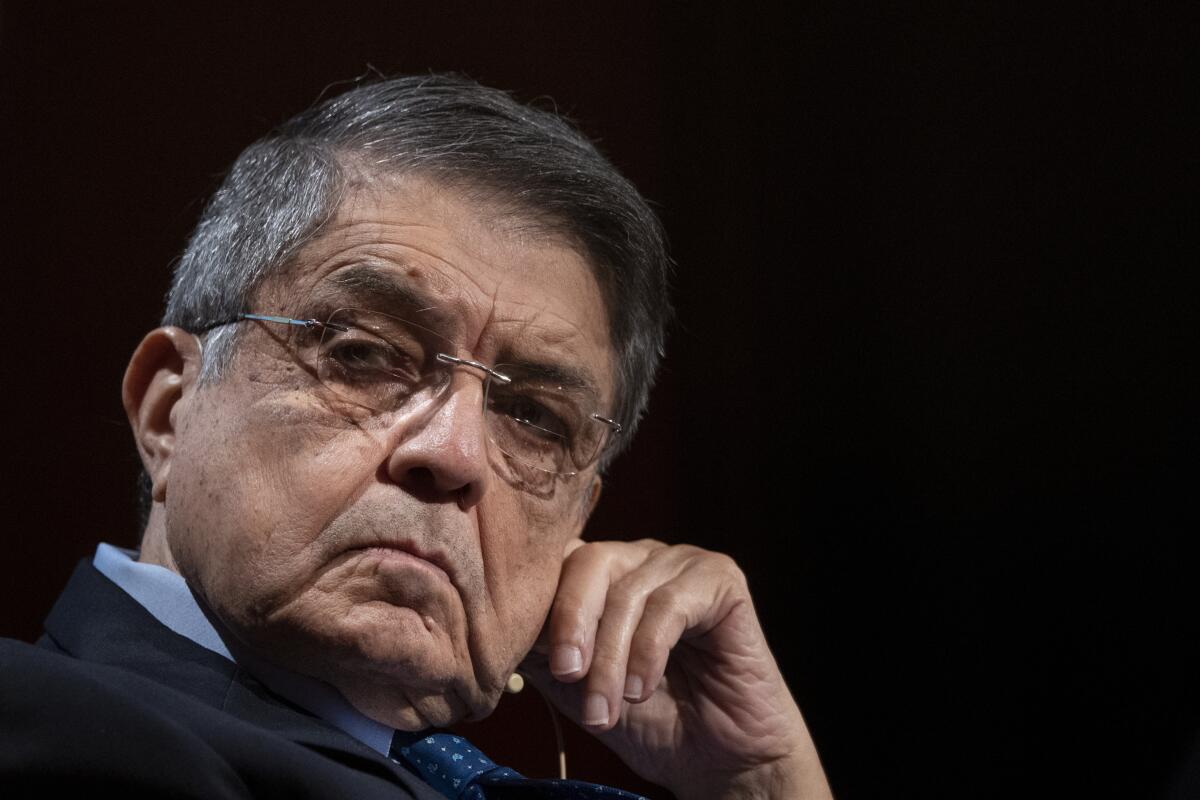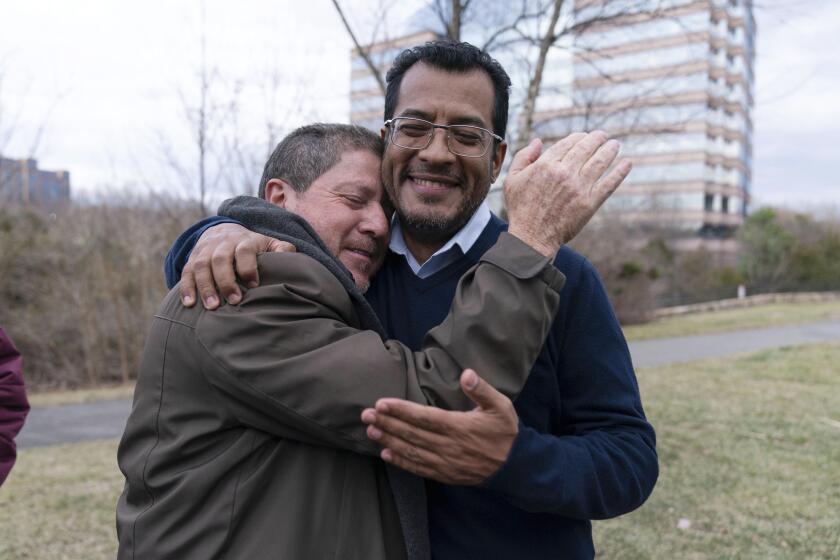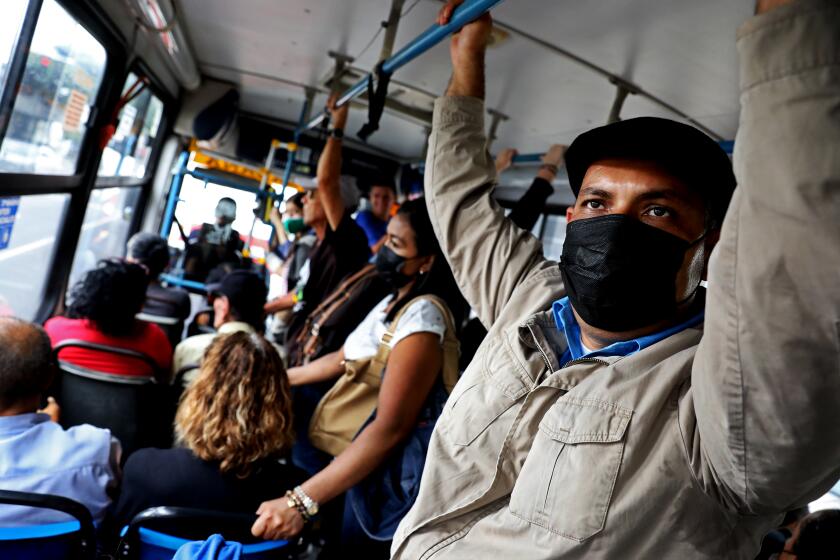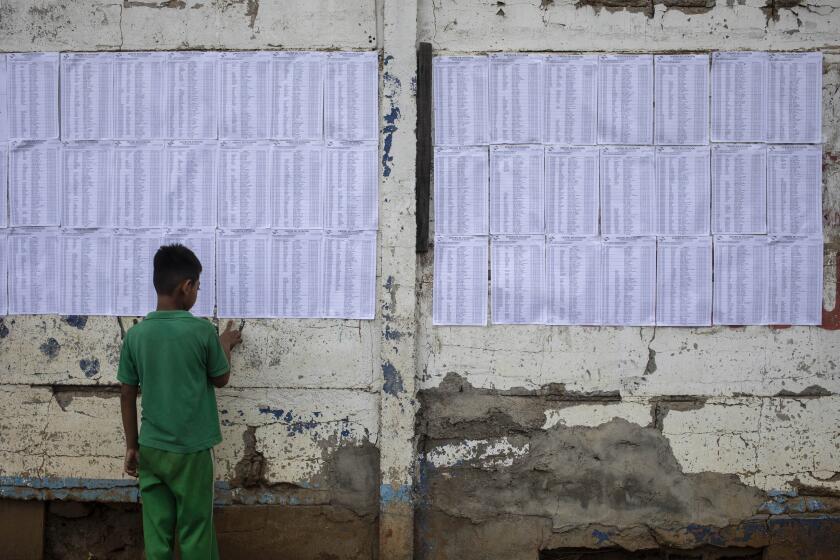Nicaragua strips citizenship, confiscates property from 94 more political dissidents

MEXICO CITY — Nicaragua has revoked the citizenship of 94 political dissidents, including writers Sergio Ramírez and Gioconda Belli.
Appeals Court Justice Ernesto Rodríguez Mejía read a statement Wednesday that declared the 94 people to be “traitors” and said they had lost their Nicaraguan citizenship.
Mejía said their properties would be confiscated.
He said those on the list — among them rights activist Vilma Núñez, former Sandinista rebel commander Luis Carrión and journalist Carlos Fernando Chamorro — were guilty of “spreading false news” and “conspiracy to undermine national integrity.”
It was unclear what law the declaration was based on. Nicaragua’s congress has not yet fully approved a bill that would allow the government to strip people of their citizenship.
Most of those named have fled Nicaragua since President Daniel Ortega began arresting opponents two years ago, and Mejía said they had been declared “fugitives.” There was no mention of what might happen to those named who are still in Nicaragua.
Legal experts say Nicaragua’s decision to strip the citizenship of 222 dissidents it exiled is unprecedented, at least in the Western Hemisphere.
The move comes days after Ortega packed off 222 imprisoned political leaders, priests, students, activists and other dissidents on a flight to the United States.
Shortly thereafter, Ortega’s government voted to strip the expelled former prisoners of Nicaraguan citizenship.
Analysts, legal experts and human rights groups call it a political ploy. They contend that revoking the former prisoners’ citizenship also violates international law and say it is unprecedented — at least in the Western Hemisphere — in terms of scale and effect.
Ramírez announced in 2021 that he would live in Spain after Ortega’s government tried to arrest him and banned his latest book. The 80-year-old writer served as vice president during Ortega’s first government from 1985 to 1990. But in the mid-1990s he and other intellectuals and former guerrillas distanced themselves from Ortega.
With virtually no independent journalists left inside and foreign reporters banned from entering, Nicaragua has become ‘an information black hole.’
Thousands have fled into exile since Nicaraguan security forces violently put down mass antigovernment protests in 2018. Ortega says the protests were actually a foreign-backed coup attempt that aimed to overthrow him and to encourage other nations to sanction his family and government.
In the run-up to Ortega’s reelection in November 2021, Nicaraguan authorities arrested seven potential opposition candidates to clear the field.
The government also has shut down hundreds of nongovernmental groups that Ortega accused of using foreign funding to destabilize his government.
Peter J. Spiro, an international law professor at Temple University, and others say revoking citizenship in this context violates a treaty adopted in 1961 by United Nations member states, including Nicaragua, that sets clear rules to prevent statelessness.
The treaty states that governments cannot “deprive any person or group of persons of their nationality on racial, ethnic, religious or political grounds.”
Nicaragua’s Sandinista National Liberation Front won local elections decried as unfair in all 153 of the country’s municipalities, cementing its rule.
Spiro noted that there are some circumstances under which governments can terminate citizenship, such as for someone who acquires citizenship in another country when the first nation prohibits dual citizenship. But ending citizenship is not allowed as a political weapon, he said.
Spain has offered citizenship to the 222 exiles, while the U.S. granted the Nicaraguans a two-year temporary protection.
More to Read
Sign up for Essential California
The most important California stories and recommendations in your inbox every morning.
You may occasionally receive promotional content from the Los Angeles Times.











